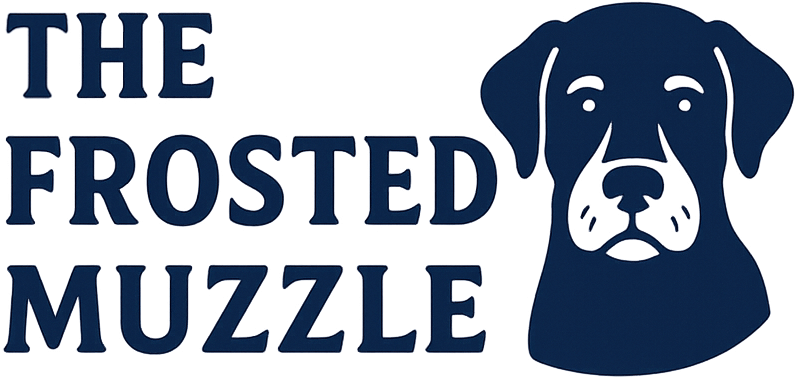Table of Contents
f age—they’re symptoms that deserve attention.
CCD tends to affect dogs over the age of 7, with the likelihood increasing as they get older. The condition typically involves progressive damage to neurons and a decrease in brain chemicals that affect memory, learning, and alertness.
Subtle but Telling Signs to Watch For
CCD doesn't usually arrive all at once. It creeps in quietly, which is why it’s often overlooked in its early stages. Some of the most common signs include:
- Disorientation: Your dog might seem lost in familiar places or stare blankly at walls.
- Changes in social interaction: They may become more withdrawn or, conversely, more clingy.
- Sleep-wake cycle disruptions: Restlessness at night and excessive sleeping during the day are common.
- House soiling: A previously house-trained dog may start having accidents.
- Decreased activity: They may lose interest in walks or playtime.
- Anxiety or irritability: Your dog might start reacting differently to noises, guests, or even you.
If you notice a combination of these behaviors, it’s time to consult your vet. They can help rule out other medical issues and evaluate your dog’s cognitive health.
How to Support a Dog with Cognitive Dysfunction
There’s no cure for CCD, but there are many ways to help your dog live more comfortably. With patience and a few changes, you can make a big difference.
Keep a Predictable Routine
Dogs with cognitive issues rely heavily on routine to feel safe. Keep meal times, walks, and bedtime consistent. Sudden changes can be especially stressful, so try to maintain structure as much as possible.
Stimulate the Mind
Mental stimulation can help slow cognitive decline. Puzzle toys, simple obedience training, or even sniffing games in the yard can keep your dog’s brain active. Keep it light and enjoyable—no pressure to “perform.”
Adjust the Environment
If your dog gets confused or stuck in certain rooms, consider gating off tricky areas or rearranging furniture to make movement easier. Non-slip rugs, ramps for furniture, and clearly marked food and water bowls can also help them feel more in control.
Provide Gentle Exercise
Regular walks at a relaxed pace are not just good for the body—they also help your dog stay mentally engaged. Let them sniff and explore. This kind of slow, sensory experience can be surprisingly therapeutic.
Consider Diet and Supplements
Some special diets and supplements are designed to support brain health. Look for those that include antioxidants, omega-3 fatty acids, or medium-chain triglycerides. Always talk to your vet before making any dietary changes.
Be Patient and Compassionate
This might be the most important part. Dogs with CCD aren’t being difficult—they’re confused and doing their best. Your calm presence and gentle encouragement mean everything to them, especially when they feel unsure.
When to Talk to the Vet About Medication
In more advanced cases, your veterinarian may recommend medications to help manage anxiety or improve brain function. These aren’t magic fixes, but they can ease symptoms and improve your dog’s quality of life. Don’t hesitate to ask about your options.
Your Dog Still Knows You Love Them
Even if your dog forgets a few things, they don’t forget how you make them feel. They still respond to your touch, your voice, your scent. That connection remains powerful. With the right support, dogs with cognitive dysfunction can continue to enjoy their days—with moments of joy, comfort, and peace.
Growing old doesn’t have to mean growing distant. Your steady love can guide them through the fog, one gentle step at a time.

